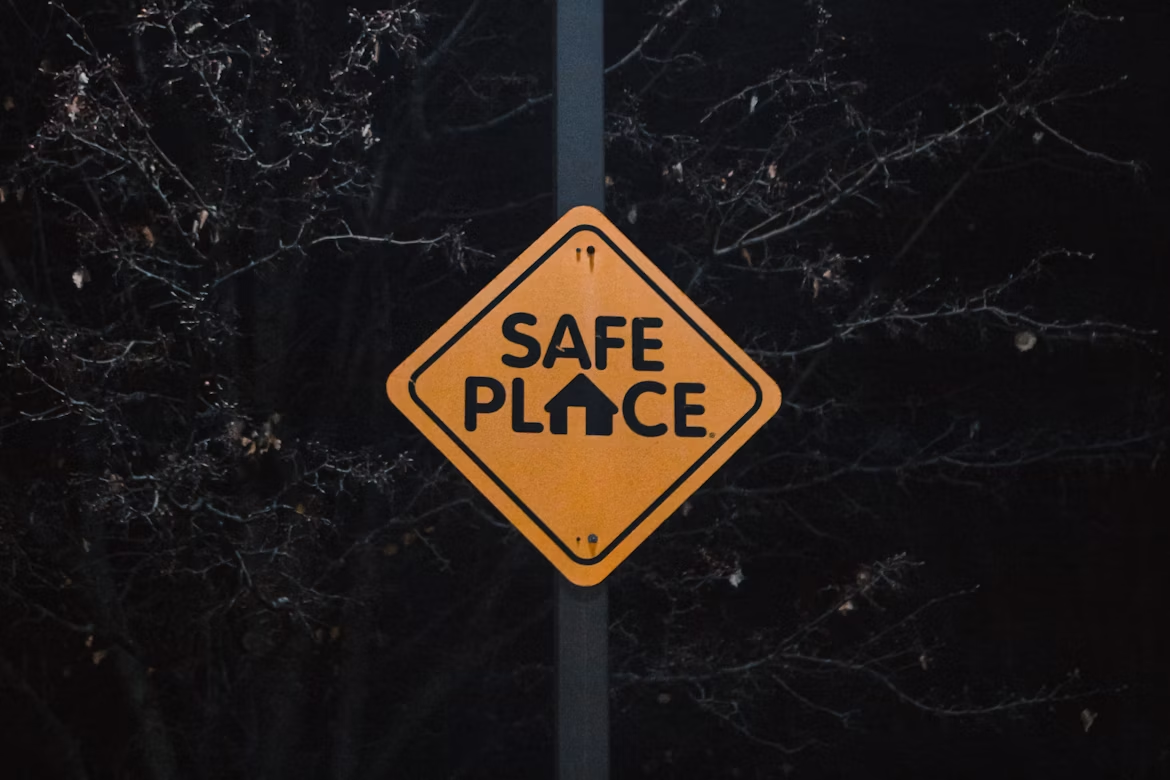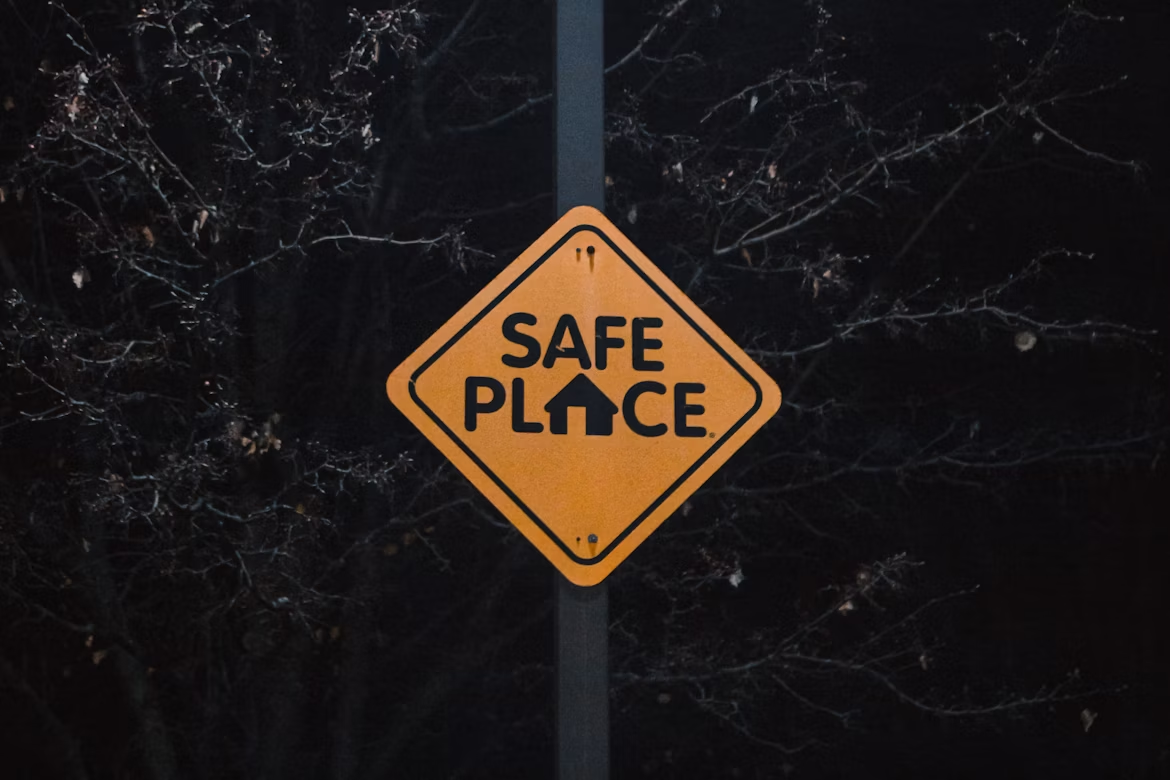Glasgow women speak out about “rape epidemic” in the city

By Lucy Clark
Glasgow is facing a growing crisis in women’s safety, with alarming rises in violence, abuse, and systemic failings across both public and emergency accommodation spaces.
New statistics from the Safe Glasgow Partnership reveal a sharp increase in crimes against women: rape cases have risen by 41%, sexual assaults by 28%, and domestic abuse incidents by the same 41% margin compared to the previous year. These figures have sparked urgent calls for action from campaigners, city councillors, and support organisations.
A survey was conducted among young women in Glasgow who were asked what actions they believe would improve safety for women and girls in Glasgow, one user responded: “More deterrents against men. If they see more arrests happening, this may deter them from carrying out acts of violence against women. A stronger police presence and helplines could also be valuable.”
Another stated: “I feel most scared when I’m alone and there are groups of men near me. I genuinely don’t know what can be done to fix it, men just hate women.”
100% of respondents said they do not believe enough is being done by local authorities and police to protect women and girls in Glasgow. Alongside this, when asked how safe they feel walking alone at night in the city, 25% answered “not safe at all”, with 75% stating “not very safe”
Labour councillor and deputy leader of Glasgow City Council, Dr Soryia Siddique, has brought forward a motion calling for immediate and sustained measures to tackle the “deepening crisis”. Her motion, which received cross-party support, recognises women’s safety as a fundamental right and sets out a roadmap to address violence against women and girls.
Key actions include an emergency summit, the development of a Women’s Safety Action plan, a city-wide consultation, and the creation of a Women’s Safety Charter. The plan also proposes targeted funding from the Scottish Government and the establishment of specialist policing units to deal with violence against women, along with a healthy masculinity initiative aimed at boys and young men in schools.

The situation for homeless women in Glasgow has also worsened with reports surfacing of women being raped, assaulted and exploited in emergency accommodation-often in overcrowded, male-dominated hostels with unsafe and degrading conditions. With a reported ratio of 14 men to one woman in such facilities, many women choose to return to abusive homes rather than risk the dangers of homelessness services.
A petition, which is now closed, demanding reform has gained over 30,000 signatures, urging the Scottish Government to end the practice of housing vulnerable women in “hellhole” accommodations and to fund safe, female-only spaces.
Ciara Morris, a caseworker at a Glasgow women’s hostel, said: “These women have real life horror stories. I can’t even begin to imagine the vulnerability of living on the streets in the first place, never mind surviving the ordeals they have.
“Gender inclusive facilities just welcomes abuse. They are living in an environment where there is no will to fight against it, it’s a losing battle. The council need to open their eyes and realise their lack of action is killing vulnerable people.”
Police Scotland echoes these concerns as Detective Chief Inspector Neil Guy reaffirmed the force’s commitment to a victim-centred approach, noting that domestic abuse and sexual violence remain key policing priorities.




